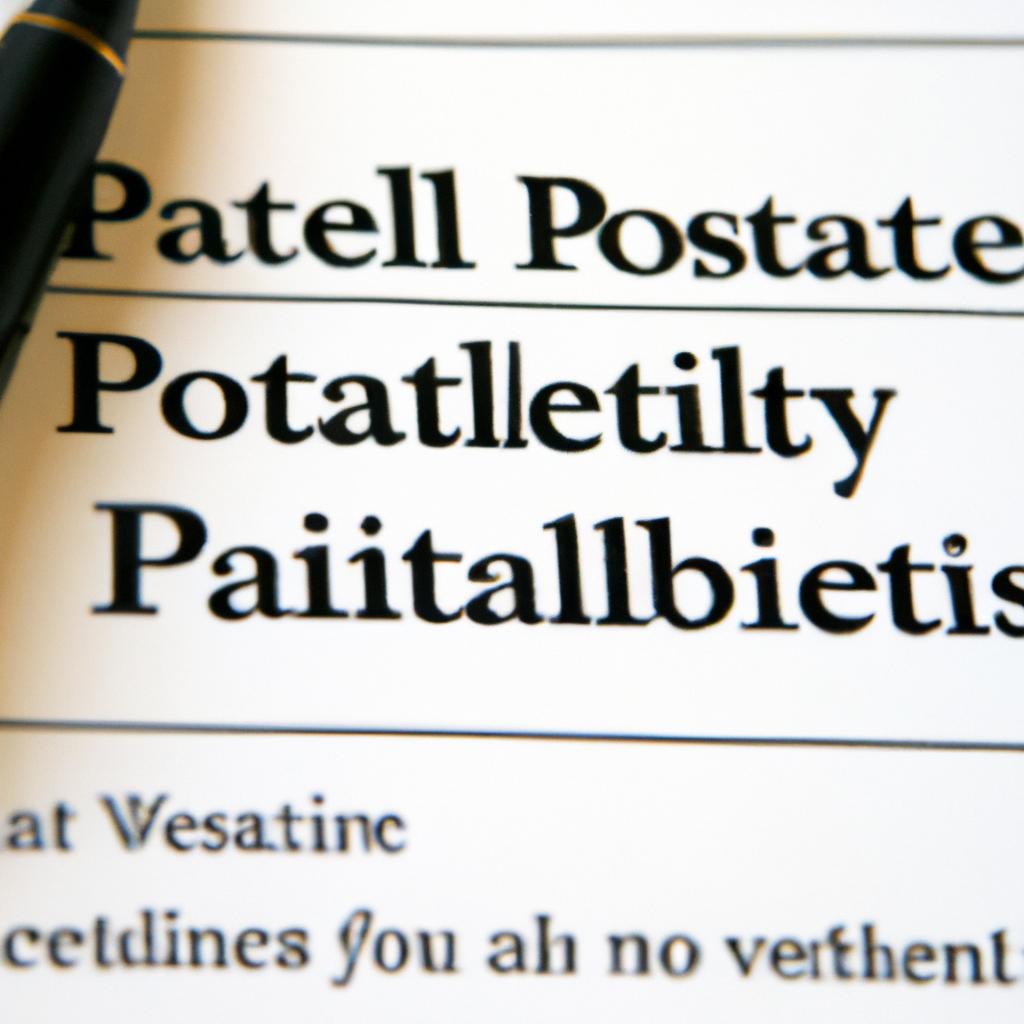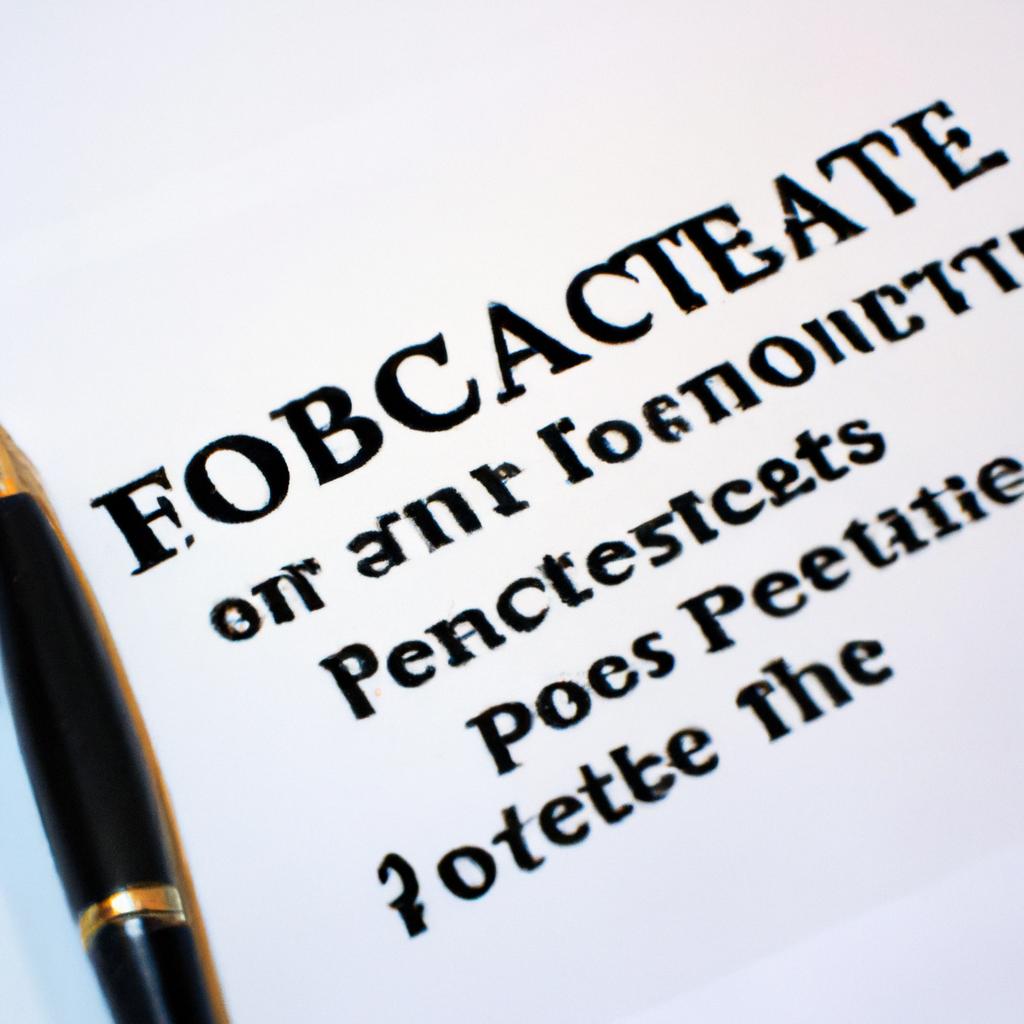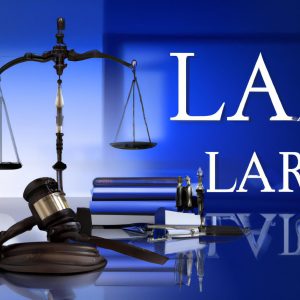Navigating the complexities of probate can be a daunting task for many individuals. It is essential to understand when probate is necessary to ensure the efficient distribution of assets after a loved one passes away. As experienced lawyers at Morgan Legal Group in New York City, we specialize in estate planning, probate, elder law, Wills, and trusts. In this article, we will explore the key factors that determine when probate is required and provide guidance on how to navigate the probate process with ease.
Determining the Necessity of Probate in Estate Planning
Probate can be a complex and time-consuming process in estate planning. It is crucial to determine whether or not probate is necessary based on the specific circumstances of the estate. Some key factors to consider include:
- Size of the Estate: In New York, estates valued at $50,000 or less may be eligible for simplified probate procedures.
- Type of Assets: Certain assets, such as joint tenancy property, life insurance with a named beneficiary, and assets held in trust, may bypass probate.
- Debts and Liabilities: Probate may be necessary to resolve outstanding debts and claims against the estate.
| Assets | Probate Required? |
|---|---|
| Real Estate in Sole Ownership | Yes |
| Bank Accounts with Named Beneficiary | No |
| Retirement Accounts with Named Beneficiary | No |
Consulting with an experienced estate planning attorney can help you navigate the nuances of probate and determine the best course of action for your estate. At Morgan Legal Group, our team of experts can provide guidance and support throughout the probate process to ensure your estate is handled efficiently and effectively.

Key Factors to Consider Before Initiating the Probate Process
First and foremost, before initiating the probate process, it is crucial to determine whether probate is actually necessary. In some cases, assets may pass outside of probate, such as assets held in a living trust, assets with a designated beneficiary, or jointly owned property with rights of survivorship. It is essential to assess the estate to determine if probate is required based on the specific circumstances.
Next, it is important to consider the key factors that may impact the probate process, such as the size and complexity of the estate, the presence of a valid will, potential creditor claims, and any disputes among beneficiaries. Understanding these factors can help streamline the probate process and avoid unnecessary delays or complications. Seeking the guidance of an experienced probate attorney can also provide valuable insight and assistance throughout the probate process. Trust Morgan Legal Group for all your probate needs in New York City.
| Size of Estate | Assess the value of assets to determine if probate is required. |
|---|---|
| Validity of Will | Confirm the existence of a valid will to guide the probate process. |

Navigating Complex Probate Laws: Expert Guidance and Recommendations
When it comes to navigating complex probate laws, it is essential to seek expert guidance and recommendations to ensure a smooth process. Probate can be a daunting and complicated legal procedure, especially for those who are unfamiliar with the intricacies of the law. To determine when you may need probate, consider the following factors:
- Size of the Estate: If the deceased owned assets solely in their name and the total value exceeds a certain threshold, probate may be required to transfer ownership of these assets to beneficiaries.
- Type of Assets: Assets that do not have a designated beneficiary or joint owner may require probate to distribute them according to the deceased’s Will or state laws.
- Debts and Claims: If the deceased had outstanding debts or claims against their estate, probate may be necessary to address these obligations before distributing assets to beneficiaries.
At Morgan Legal Group, our experienced probate attorneys can provide the guidance and recommendations you need to navigate the probate process effectively. Whether you are a beneficiary, executor, or interested party, we are here to assist you every step of the way. Contact us today to schedule a consultation and learn more about how we can help with your probate needs.

Protecting Your Assets Through Strategic Probate Planning
Probate is a legal process that takes place after someone passes away. It involves proving in court that a deceased person’s will is valid, and then administering their estate according to the terms of the will. Probate can be a complex and time-consuming process, but it is necessary to ensure that a person’s assets are distributed correctly and that their debts are paid.
There are a few key situations in which probate may be necessary:
- If the deceased person owned assets solely in their name
- If the deceased person had debts that need to be settled
- If there is a dispute over the validity of the will
Q&A
Q: What is probate and when do I need it?
A: Probate is a legal process in which a court oversees the distribution of a deceased person’s estate. You may need probate if the deceased person’s assets are solely in their name and do not have a designated beneficiary.
Q: How do I know if I need probate?
A: You may need probate if the deceased person owned real estate, had investments, or had assets totaling over a certain amount (which varies by state). It is best to consult with a probate attorney to determine if probate is necessary in your specific situation.
Q: Are there any assets that do not require probate?
A: Yes, assets with designated beneficiaries such as life insurance policies, retirement accounts, and assets held in a living trust typically do not require probate.
Q: How long does the probate process take?
A: The probate process can vary in length depending on the complexity of the estate and if there are any disputes among beneficiaries. It can take anywhere from a few months to a few years to complete.
Q: Can I avoid probate?
A: There are ways to avoid probate such as setting up a living trust, owning assets jointly with rights of survivorship, or designating beneficiaries on assets. It is recommended to consult with an estate planning attorney to determine the best options for your situation.
To Conclude
In conclusion, navigating the probate process can be complex and overwhelming, but knowing when you need probate can help streamline the distribution of assets and ensure your loved ones are taken care of according to your wishes. Whether you are dealing with a small estate or a more complicated situation, seeking the guidance of a legal professional can provide clarity and peace of mind during this challenging time. Remember, understanding the probate process is the key to smoothly settling an estate and honoring the legacy of your loved ones.





